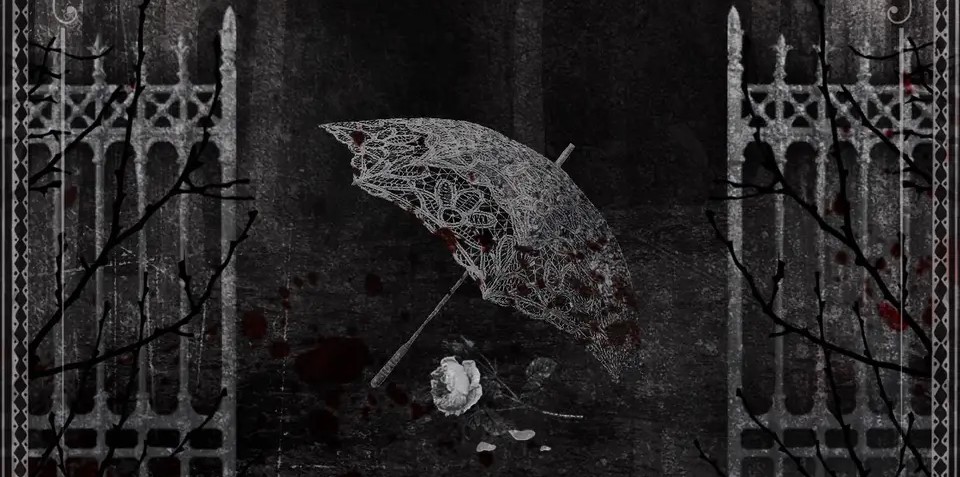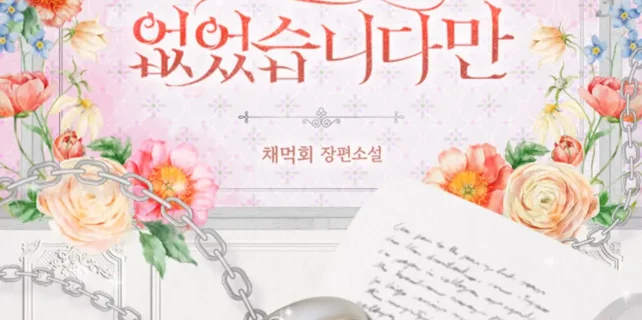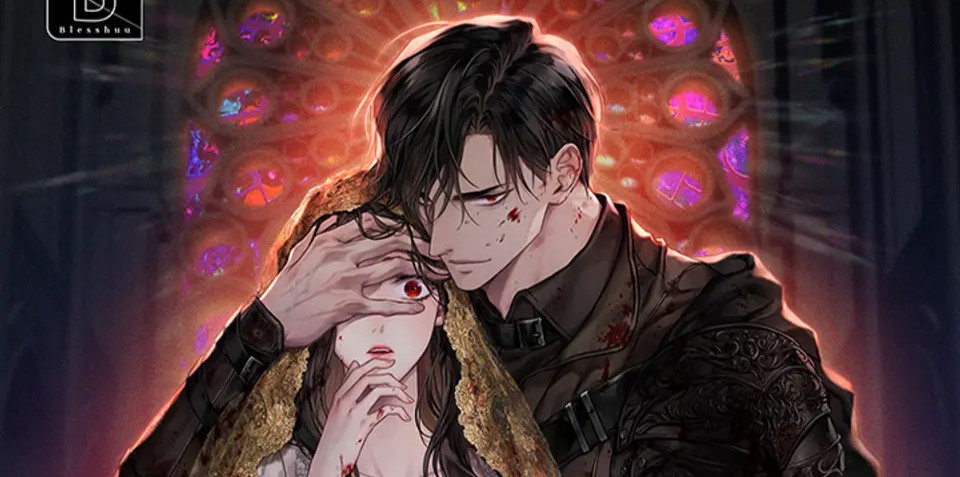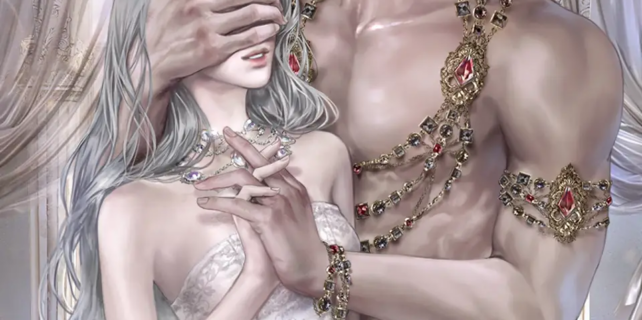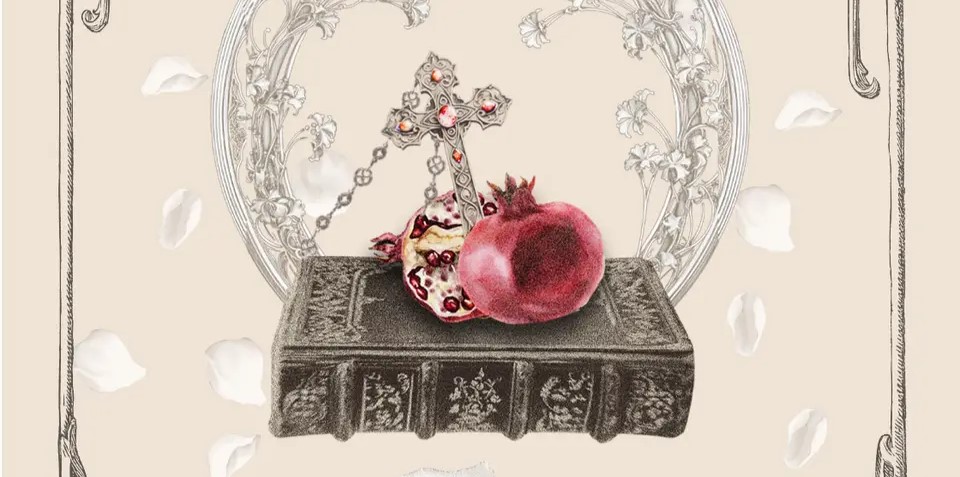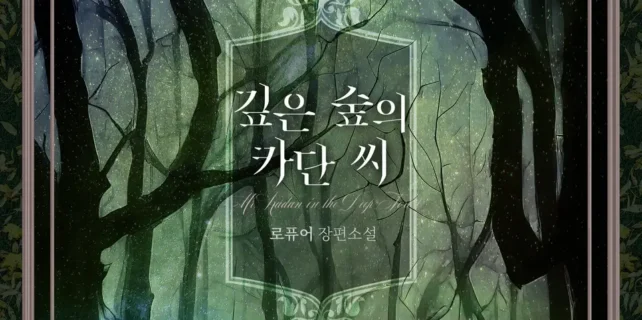Red Riding Hood - Chapter 37
III. a GRAND MAn
His father, Carbreux, was the highest-ranking figure in this village of criminals, Mindie.
“Quiel, my son.”
At his call, the boy, pale as snow, raised his head.
Born with a congenital disease, albinism, the boy’s blood vessels were clearly visible, and his pinkish eyes looked up at his father.
Before the boy stood an old man, rapidly aged by his debauched life, his bones steeped in depravity, and his organs rotting from the inside. Yet, consumed by arrogance, he showed no shame for his condition. A rancid smell wafted from his mouth.
Carbreux continued,
“Speak of sin.”
Quiel opened his mouth.
“We are all born with pure souls. Yet our souls are trapped in the sinful flesh, forcing us to live lives where we cannot feel full without killing, and cannot possess without taking.”
Quiel glared at his father, who seemed to embody the endpoint of all wickedness, and continued,
“Thus, there is no salvation for us. We will merely rot away, trapped in this place, and this village will become a vast graveyard for sinners.”
Carbreux wheezed at his words.
“How many times must I tell you that’s not the case! Look, Quiel!”
Carbreux pointed his shriveled, branch-like finger toward the window overlooking the village. Beyond the window lay Mindie, the village of criminals.
Mindie was a village formed by heinous criminals who had escaped during the chaos of war.
The vile sinners wore beast masks to recognize one another and prevent betrayal or informants. This deeply ingrained distrust solidified into a bizarre custom.
Even now, the descendants of the old sinners and newly arrived heinous criminals lived suspicious of each other, hidden behind beast masks.
Carbreux was a descendant of the man who had founded the village and built the Gray Temple.
Pointing at the village, Carbreux declared,
“Look! Our ancestors were sinners who should have been sent to the guillotine. But they survived, and we, their descendants, have built a paradise here!”
With a phlegmy voice, Carbreux spoke with pride.
“All of this is thanks to our God forgiving our sins. Quiel, you must accept that!”
Quiel stared silently at Carbreux.
Seeing no trace of respect in his son’s eyes, Carbreux’s face twisted with displeasure.
“If you insist on being stubborn, there’s no helping it. Today, you’ll copy a hundred pages of prayer!”
Quiel responded coldly,
“Even if you keep me locked here forever, you won’t get what you want. I have no desire to succeed you and lead those beasts.”
“How dare you speak to me like that!” Carbreux shouted, his face twitching. “Go hungry all day and reflect on your misdeeds!”
Yelling at his son, Carbreux slammed the door shut as he left. From beyond the closed door, the sound of a key turning echoed.
Left alone, Quiel sighed.
Of course, he had no intention of doing what Carbreux wanted, let alone copying a hundred pages of prayer.
He found his veil and draped it over his head before moving toward the window. Suffering from albinism, Quiel was extremely sensitive to sunlight. Exposure to direct sunlight could cause him severe burns.
Fortunately, in this gloomy village, sunny days were exceedingly rare.
Moreover, everyone was required to wear a beast mask when venturing outside. Perhaps Quiel should have been the one most grateful for the village’s existence.
However, Quiel loathed that fact.
With his white veil covering his head, he strolled by the window, gazing indifferently at the gray village below.
Everything in this village was gray. Damp moisture seeped into everything, fostering mold and moss. Even newly sprouted shoots and snowflakes descending from the sky were quickly stained the same dull color.
Quiel thought,
‘I’ll end up the same.’
Neither the sprouts nor the snowflakes would have wished to be turned gray.
But as he breathed in the hazy ash drifting through the village and drank water from moss-covered canals, Quiel knew that someday he, too, would turn to ash-gray.
What would change even if he fought to preserve his natural color?
He was the descendant of a traitor and born with albinism, which made it impossible for him to leave the village.
In the end, his fate was to die here, buried beneath the gray soil, returning to the gray earth under a gray tombstone.
Perhaps, as his father suggested, it might be wiser to stop resisting and simply do as he wished.


